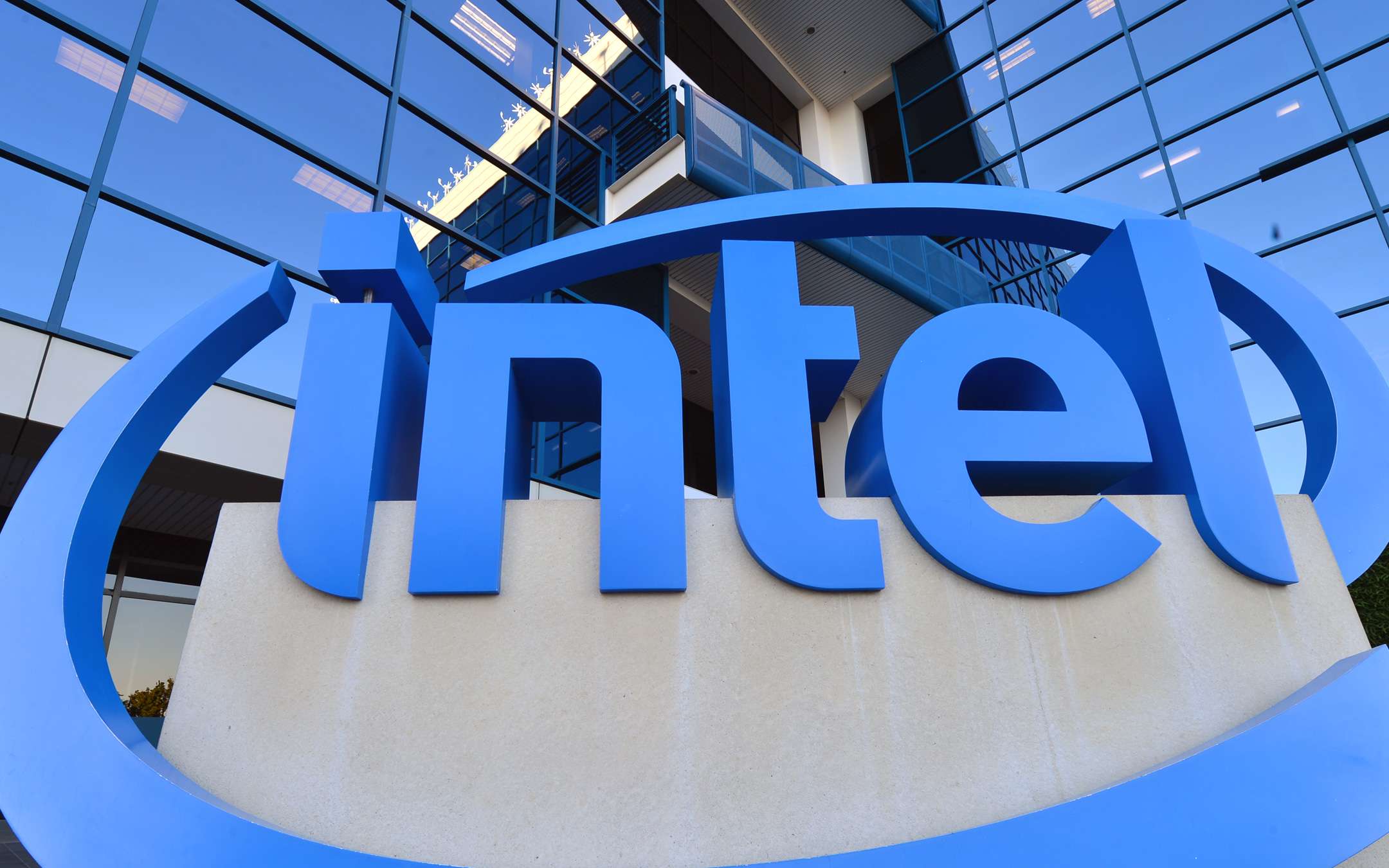Intel, 20 GB leak: internal and confidential documents

Intel Leak: confidential and confidential documents online
Kottmann manages a Telegram channel quite popular that deals with this type of incident. He also states that it is not over here: it would be only the first of a series that concerns confidential information belonging to the Californian group. The leaked describes intellectual properties related to the design of some chipsets, from technical specifications to operating guidelines, as well as manuals for CPUs designed from 2016 onwards.There are references to BIOS, debugging tools, roadmaps which describe the product marketing plans, drivers for imaging components created on behalf of SpaceX, firmware for a platform that has never been released, training videos, emulators and InDesign templates used by marketers. None of the documents analyzed seems to be related to employees or customers, at least among those distributed, but it remains to be seen whether the perpetrator of the violation was able to reach out to other material that was not released.
From his part, Intel denies having suffered a compromise of computer systems, attributing the responsibility of the gesture to someone with access to their own Resource and Design Center , a portal is not open to the public in which the company provides partners with materials related to its products. This declaration is entrusted to the website ZDNet.
We are investigating what happened. The information seem to come from the Intel Resource and Design Center that hosts data made available to our customers, partners and other external parties that are registered to access. We believe that a person has them downloaded and then shared.
Source: ZDNet